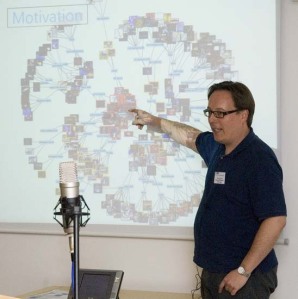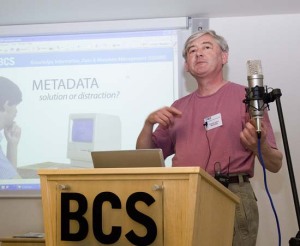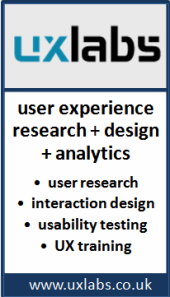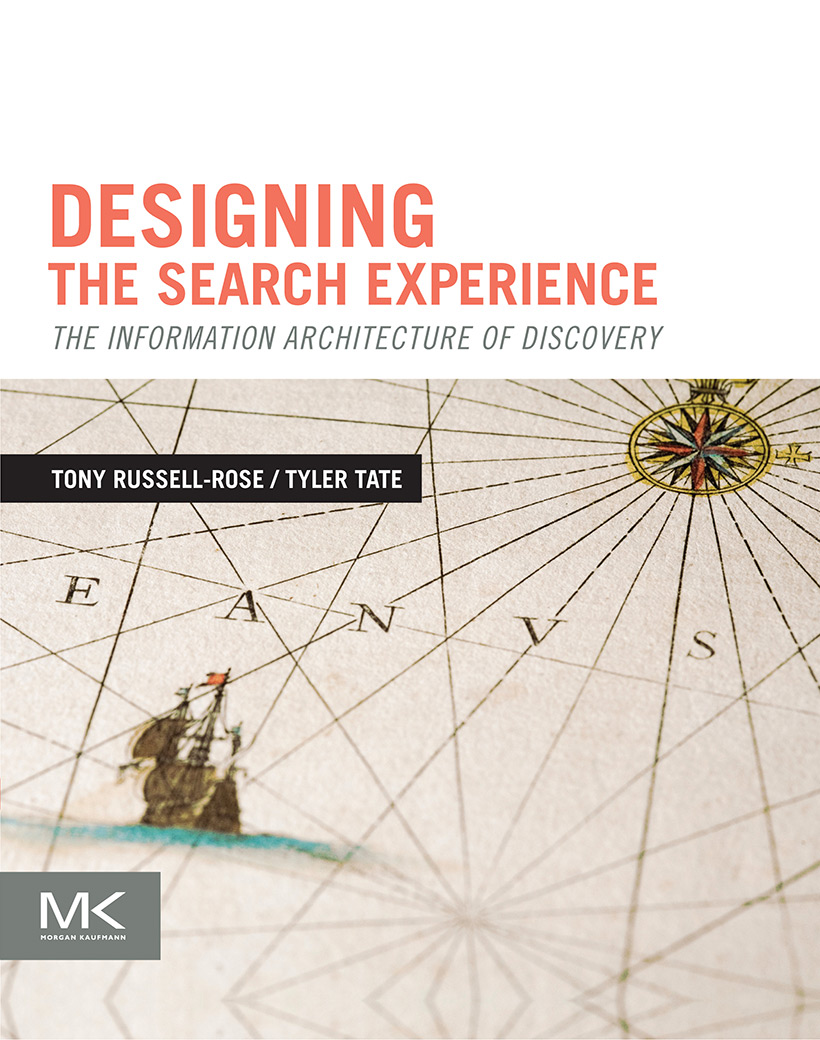Quick update to follow on from my previous post – we now have titles for all the talks at Search Solutions 2010. Next up is the panel topic, which I’ll post out about shortly, and the full programme, which we’ll publicize once we’ve nailed down the precise running order. Official blurb as follows:
SEARCH SOLUTIONS 2010
Thursday 21st October
BCS London HQ, Covent Garden
Search Solutions is a special one-day event dedicated to the latest innovations in web & enterprise search. In contrast to other major industry events, Search Solutions aims to be highly interactive and collegial, with attendance limited to 60 delegates. The high quality technical programme includes presentations, panels and case studies in which delegates present and share opinions, insight and expertise. The event should appeal to researchers, practitioners, consultants, end users or indeed anyone interested in the latest developments in web and enterprise search.
We will have talks from the following speakers:
Behshad Behzadi, Google: “Web Search Freshness”
Vishwa Vinay, Microsoft: “Click evidence – Signals and Tasks”
Greg Lindahl, Blekko: “Instant Indexing”
Nick Patience, 451 Group: “The trends shaping the future of enterprise search 2010-2013”
Dusan Rnic, Endeca: “Enterprise Search and its Evolution”
Chirag Gandhi, mPhasis: “I Still haven’t found what I am looking for…”
Charlie Hull, Flax: “What’s the story with open source? — Searching and monitoring news media with open-source technology”
Till Kinstler, German Common Library Network: “Current trends in library search: From electronic card boxes to large scale, aggregated search engines”
Roberto Cornacchia, Spinque: “Search by strategy”
Mihai Lupu, Information Retrieval Facility: “Scaling up innovation”
Rob Stacey, TrueKnowledge: “Reconciling facts: how to check the consistency of facts created from web crawling”
Provisional programme:
09:30 – 10:00 Registration and coffee
10:00 – 13:00 Introduction, Session 1 & 2 + Coffee break
13:00 – 14:15 Lunch
14:15 – 17:20 Session 3 & 4 + Tea break + Panel
17:20 – 19:00 Drinks reception
The event will also be followed by the IRSG AGM (timing TBD).
Search Solutions is organised by the Information Retrieval Specialist Group of the BCS (British Computer Society), and is held at the BCS Central London Office:
BCS, 1st Floor
The Davidson Building
5 Southampton Street
London, WC2E 7HA
http://www.bcs.org/server.php?show=nav.8404
Note that there is no on-site registration.
*** Early Bird Registration ends: Thursday 7th of October ***
For further details, including registration, see
http://irsg.bcs.org/SearchSolutions/2010/sse2010.php










